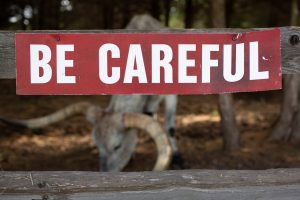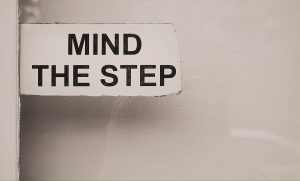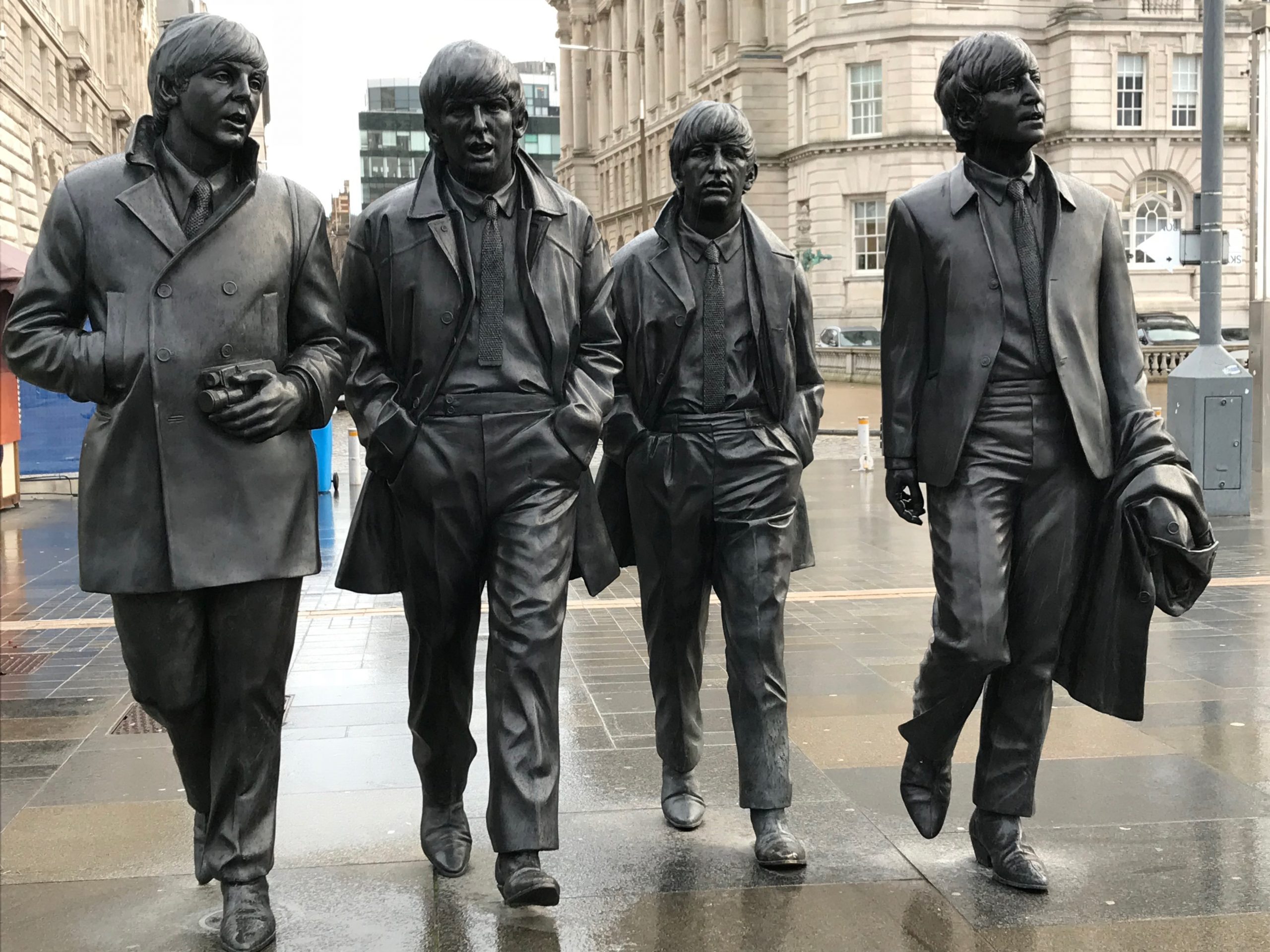Now I must declare that starting a blog with a Beatles song reference is a risk with our Beatles-indifferent (at best…) website editor but here goes nothing.
I read the news today. Oh boy. It wasn’t about a lucky man who made the grade. Nor was it about a load of pesky potholes on Abbey Road (three Beatles references now so this blog is pushing it).
Unsurprisingly it was all about Coronavirus. Is there any other type of news at the moment?
The article considered the “improving” situation and analysis of the imminent relaxation of current restrictions. We’re all pretty desperate for good news at the moment, and eager to see some light at the end of this lockdown tunnel. However, at the risk of sounding like a stereotypical health and safety purveyor of doom, it sparked a slightly different response in me.
My gut reaction focussed on “complacency”; a word – and a concept – that I’ve been thinking about quite a lot recently.
In the context of this emerging news, I’m concerned that people might now start to lift their guard a little too much. Many people will, almost subconsciously, be a little less fervent in applying the precautions they’ve been following for these weeks. Our brain will trick us all that the consequences we’ve experienced so far, will always be the case; “We’re over the worst of it, and you’ve stayed healthy so far”. This will be exacerbated by the fact that we’ve become comfortable in following these social isolation restrictions and feel safe as a result. Now, I’m no public health expert, I’ve no interest in making political comment on the government’s approach and I’m certainly not suggesting anyone would wilfully put themselves or anyone at risk. Rather I want everyone to continue taking care of themselves and others so we can ride through this stifling storm together.
But in these strange times, we should consider the other ways complacency could cause problems, and what we can do to stop it making an appearance. At home, the DIY project you’re cracking on with to keep yourself busy might be riddled with things that could hurt you, but most of them might be overlooked because you’ve always done it like that. The makeshift office with trailing cables and a wobbly chair that you initially put up with because you’re at home, but quickly get used to and accept as the norm. As you return to work, the focus on maintaining social distance might be so strong that we don’t consider the moving machinery or working at height that threatens our life just as much.
My initial contemplation of complacency prior to the recent news came as a result of my own standards slipping. In recent weeks, on the rare occasions I’ve driven a car, I’ve caught myself pulling away from junctions and immediately thinking, “Did I really look both ways?”. There’s even been the one occasion I found myself drifting over to the middle of the road.
With roads so quiet at the moment, the risk was low and I’m pleased to say no-one came to any harm from my lapses in concentration. But the low risk is also part of the problem.
You see, complacency can creep up on us all in what we perceive to be low risk, or lower than normal, situations. Whether we’ve got so familiar with our job or surroundings, or we just believe that all the things that could hurt us are being looked after for us, complacency catches us out because we feel “safe enough” already.
And beyond this pandemic, there is an existential threat that will always be there. When we’ve forgotten about COVID-19 (and hopefully we will), when we feel comfortable in our daily routine and protected at work we might just stop being attentive to the things, big and small, that could do us some harm. Once we’ve gone home safely once or twice, we’ll start to think we’re invincible and the little risks we take will become the norm. We could develop bad habits.

That’s the last thing we need. We certainly don’t want to put any more pressure on our wonderful health workers, but just as importantly, I don’t want YOU to get hurt, no matter whether it might be next week or next year.
So what can you do? Well how about when you get back to work simply stopping for a few seconds before every job you do, and asking yourself, “What could hurt me here?”. All too often we don’t see the risk, because we’re in a rush to do a job we do all the time. What could possibly go wrong? If we give ourselves the opportunity to get our heads up, we can spot the hazards and we’ll instinctively know the solution too. But only if we actively Stop and Think. Do it every time and it will become the type of good habit that could save a life or two. Something that will keep you safer, even when you feel safe enough already. Something I think we should all look forward to, as well as a return to “normal” headlines.
Now about Brexit ……. Only kidding 😉
Written By Richard Davison


